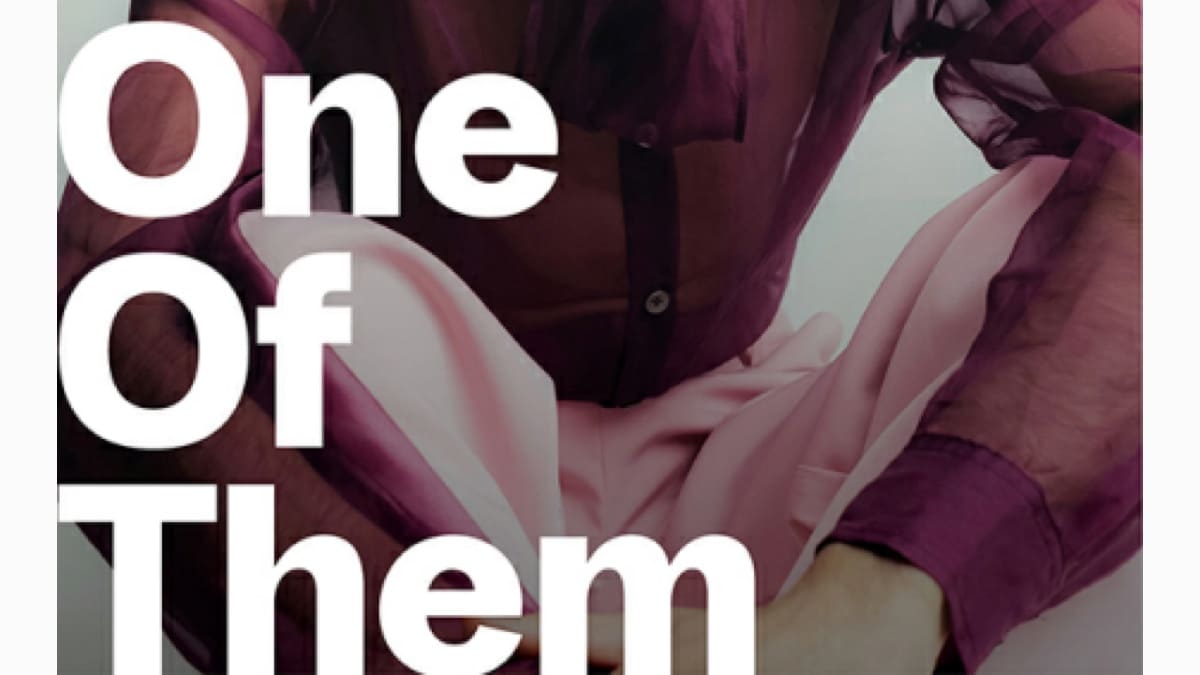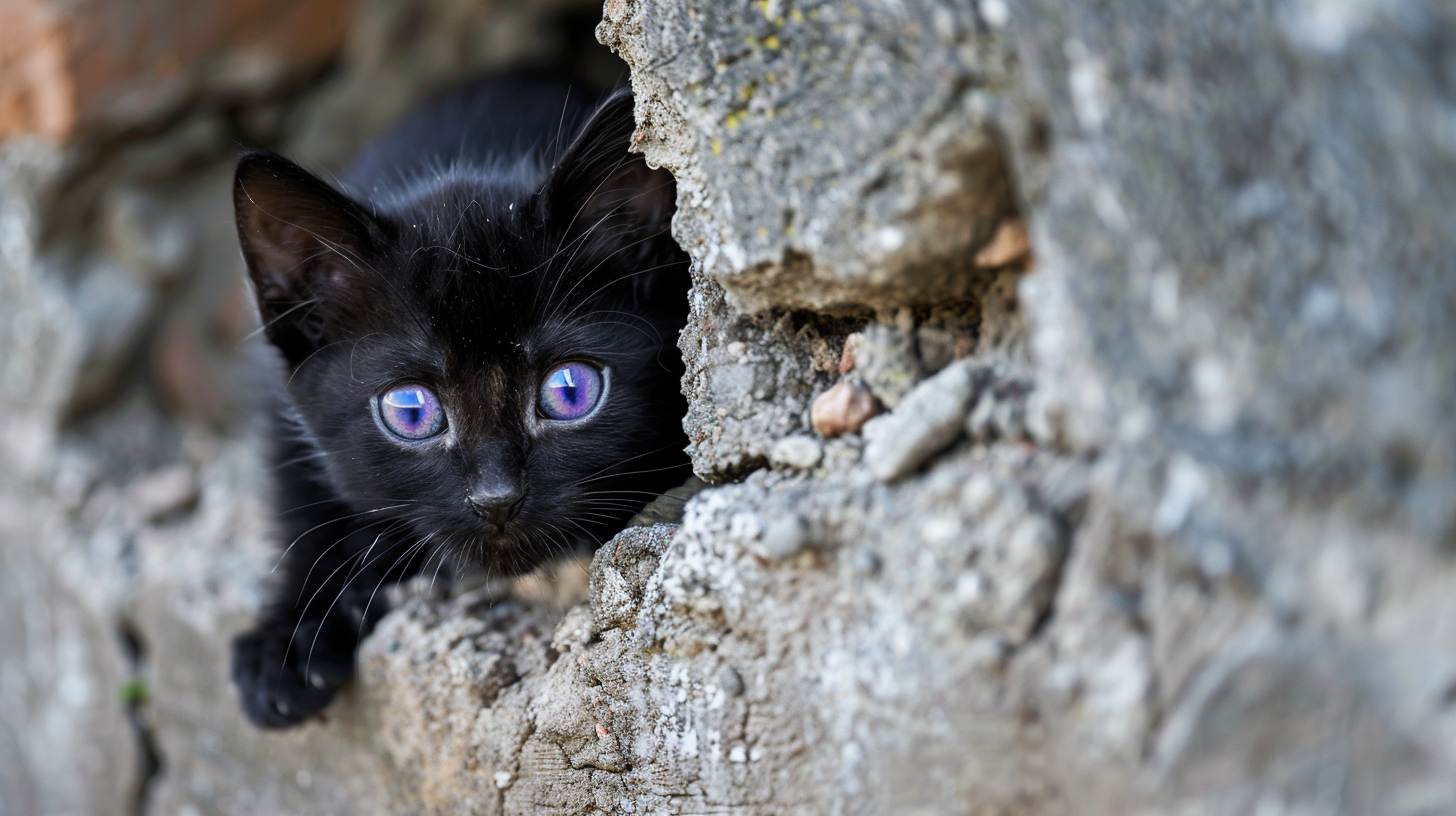Shaneel Lal's Fight Against Conversion Therapy
In 2022, powered by young activist Shaneel Lal, Aotearoa New Zealand banned conversion therapy. 'Stop congratulating me for being brave,' Lal says. Instead, 'annihilate the systems that force me to be brave.'

Recognizing you've always been 'One of Them'
Shaneel Lal, a 23-year-old activist, founded the Conversion Therapy Action Group which pushed to ban conversion therapy in Aotearoa New Zealand. This movement was a big queer success, because in 2022, lawmakers voted to ban conversion therapy. Lal wrote a memoir, One of Them, about their experience growing up and becoming an activist. Suffering queerphobia and working to resist it wasn't easy.
Conversion Therapy in Childhood
Lal grew up in Fiji, speaking Fiji-Hindi, Urdu, and Fijian, with English as their fourth language.
In their collectivist community, the elders had authority to punish anyone's children. Somehow, the elders sensed that Lal—who was supposed to be a boy—was feminine and was attracted to other boys. Lal was too young even to know what they meant by that. They just felt like a child.
Gradually, they began to understand. Someone told them that unless they were properly masculine, they couldn't have a relationship with the god Shiva. But "Shiva is portrayed as half woman and half man," Lal noted, pointing out the irony of invoking Shiva as demanding perfect masculinity when obviously that god's feminine gender "expression is so like mine."
Unfortunately, they had "no choice but to accept the treatment they say will fix me."
At first, treatment involved wearing "enchanted bracelets," being prayed for, and being warned they'd be ostracized if they didn't change. But later, inside a Hindu temple, the priests beat Lal with
"a whip made of rope fastened to a wooden handle...my body slams on the ground. I faceplant on the tiles...This pain is nothing like anything I have ever felt before...The whipping continues till they are tired. They will kill me if that's what it takes."
Discovering Identity in High School
In the summer of 2014, Lal started high school, and a teacher "convinced that there are demons in me" recited the Bible at Lal to try to change them:
"He presses the cross on my forehead and prays loudly. Nothing changes. He presses the cross to my heart and rebukes the demon out of me. Nothing changes. If he presses his cross any harder into my body, it will make a permanent scar. He owns a large hardcover Bible. He picks it up and hits me with it across my head."
The teacher then told Lal to inflict physical pain on themself "every time I feel attracted to boys or catch myself walking, talking, laughing, smiling, dancing, existing in a feminine way."
One thing we can immediately observe here is that this religious bully conflated sexuality and gender.
Another thing we can notice is that, in this conversion therapy, Lal was not—contrary to what some scaremongers would have us predict—being pressured toward gender transition. There is a transphobic myth that many homophobic parents would prefer a straight trans girl than a gay cis boy; the purpose of the myth is to make us suspect that trans kids must be victims of a homophobic adult plot. In Lal's story, this pressure is very clearly not happening. Quite the opposite. Lal is not being handed hormones; they're being hit with a Bible. They're being explicitly told not to act like a girl.
By this age, Lal was beginning to understand what was different about their sexuality and gender. Contemplating identity labels in high school, Lal thought: "Gay feels too restrictive, and trans feels too humiliating." At least at that time, Lal preferred "queer," as it's an "ambiguous term" that names a personal feeling without fully disclosing its nature to others. In 2017, Lal's advocacy resulted in Victoria University of Wellington changing its forms to allow students to self-identify as "gender diverse" instead of just "man" or "woman."
Later, Lal learned the terms hijra and chakka, with queer meanings "indigenous to India." Other terms used in India are aravani, aruvani, jogappa and kinnar. At this discovery, Lal felt "euphoric joy"—because Fijians must have such a term too! Google had the answer: "I am vakasalewalewa," a feminine-leaning person. "Indigenous queerness," they explain, "is precolonial and distinct from colonial, white or Western queerness," with its own "culture, value and significance." Today they know that "queer Pacific people have always been here. Mahu. Vakasalewalewa. Palopa. Fa'afafine. Akava'ine. Fakaleiti. Fakafifine. Takatāpui. We are a gift from our ancestors."
At the end of high school, they gave a speech in English class about "why trans women should be allowed to participate in women's sports." The biology teacher heard about the speech, showed the class a picture of a trans woman, yelled that the person in the photograph was a "man," and laughed. "I am the only openly queer student in that class," Lal said. "I know my teacher is targeting me."
Activism
In 2019, Lal founded the Conversion Therapy Action Group. From both sides of the fight over conversion therapy, people made transphobic and racist comments against Lal; each time, Lal had to recommit to affirm themselves and push through. They realized there is no other way to have a liberation movement; what's the purpose of the movement if you have to take a back seat or stay closeted?
"People know me as a gay man. I appreciate and value the masculine parts of me, but I adore the feminine parts of me," Lal wrote. "My gender transcends language. It is a feeling of limitless joy, but it is caged by transphobia. A feeling that makes me want to fly, but the elders cut my wings before I could fly. I now have the language. I am nonbinary. I am one of them."
At the second reading of the bill to ban conversion therapy, Simon O'Connor, a member of the National Party who was then in New Zealand's House of Representatives, claimed that a gay man had "told him that banning conversion therapy [for gender identity] would mean that gay men would be erased and forced to live as trans women." No, the claim did not make sense. "In fact," Lal says, it's trans people who are affected by conversion therapy for gender identity, as they are "bullied and shamed into detransitioning"—which, it seems to me, is precisely why there was a movement to ban it.
Lal wants to see "trans children survive and grow into happy adults." Furthermore: "I want people to stop congratulating me for being brave and to annihilate the systems that force me to be brave." In a later chapter, Lal goes a step further: "My mission is to make patriarchy fear me."
Find One of Them as an ebook on Kobo (2023) or a paperback on Bookshop (to be released March 2024).


